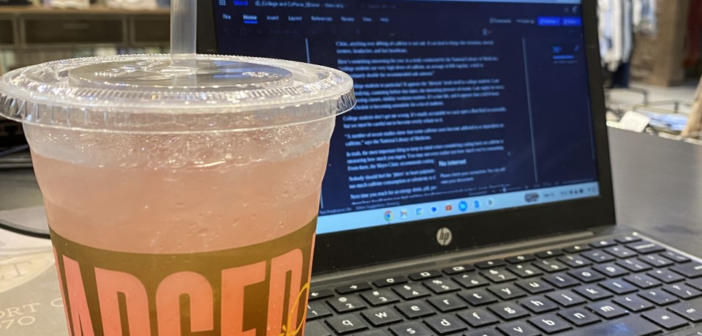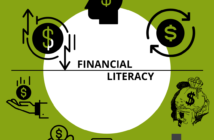By Satyne Doner, Arts and Culture Editor
The sun has barely risen and I’m already twisting my straw around a Panera charged lemonade, sucking down 390mg of caffeine. I’m driving down the road, eyes burning, a yawn cresting my face.
It’s a vicious cycle.
Now it’s 3pm, and my classes are over for the day. An energy drink rolls out of the university vending machine, and I crack it open with glazed over eyes.
I just need something to get me through homework, I tell myself as I pass the packed campus coffee shop. It’s teeming with students, thinking the same thing. Just something to chase away the lingering feeling of drowsiness.
By the end of the day, I’m sure that I have consumed over 400mg of caffeine.
According to Mayo Clinic, anything over 400mg of caffeine is not safe. It can lead to things like insomnia, muscle tremors, headaches, and fast heartbeats.
Here’s something interesting for you: in a study conducted by the National Library of Medicine, “college students use very high doses of caffeine, an average of 800 mg/day, which is approximately double the recommended safe amount.”
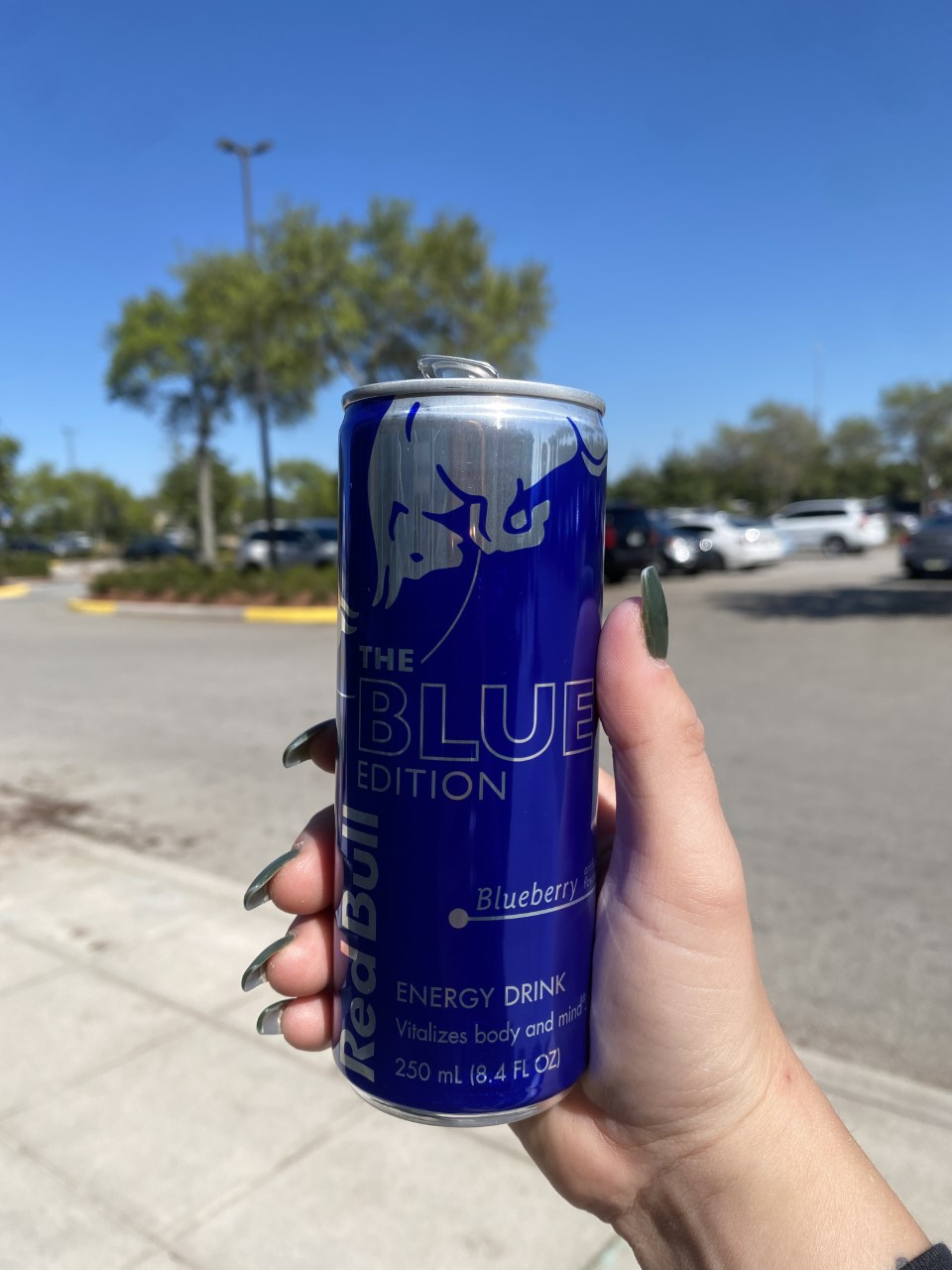
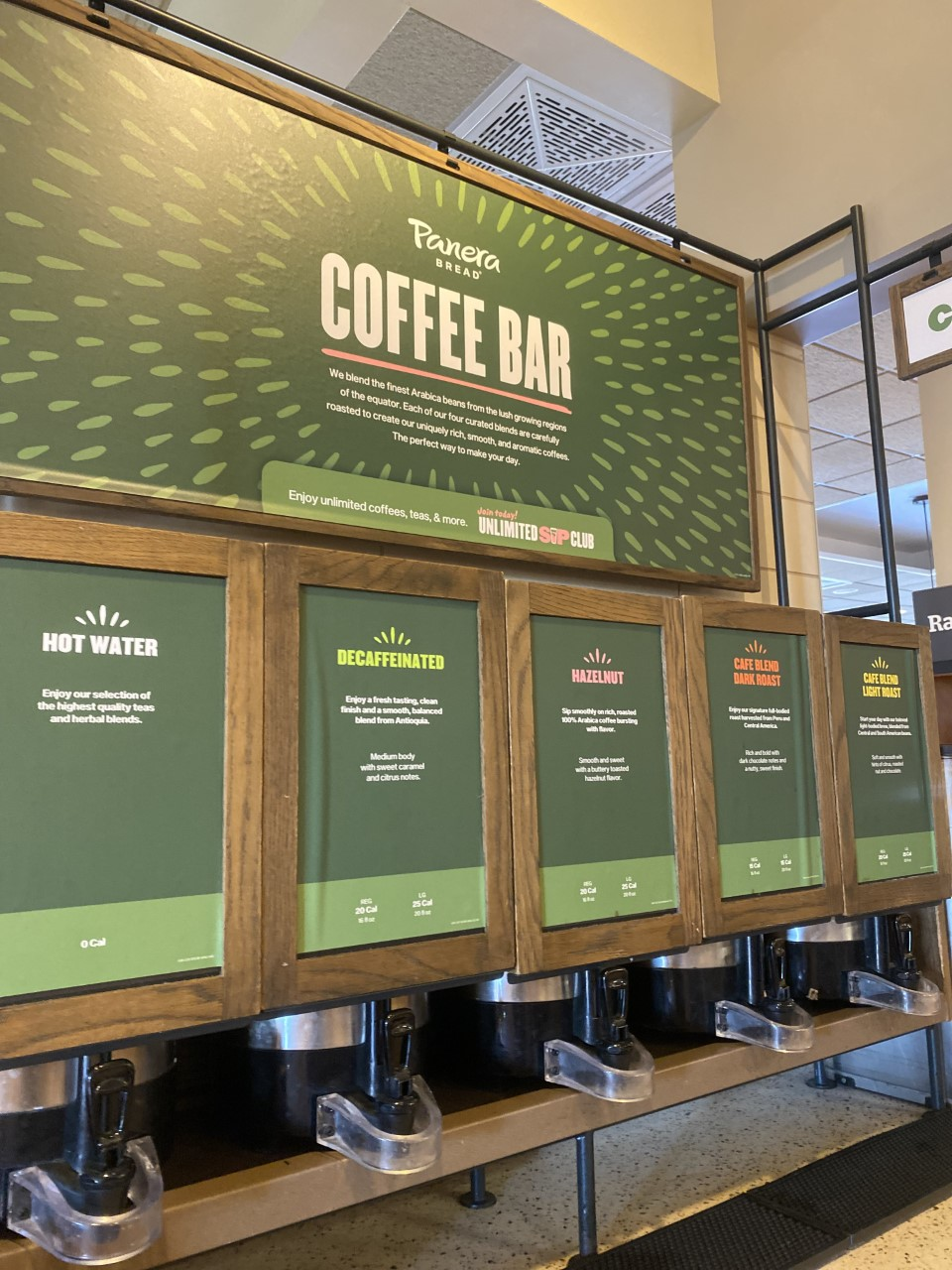
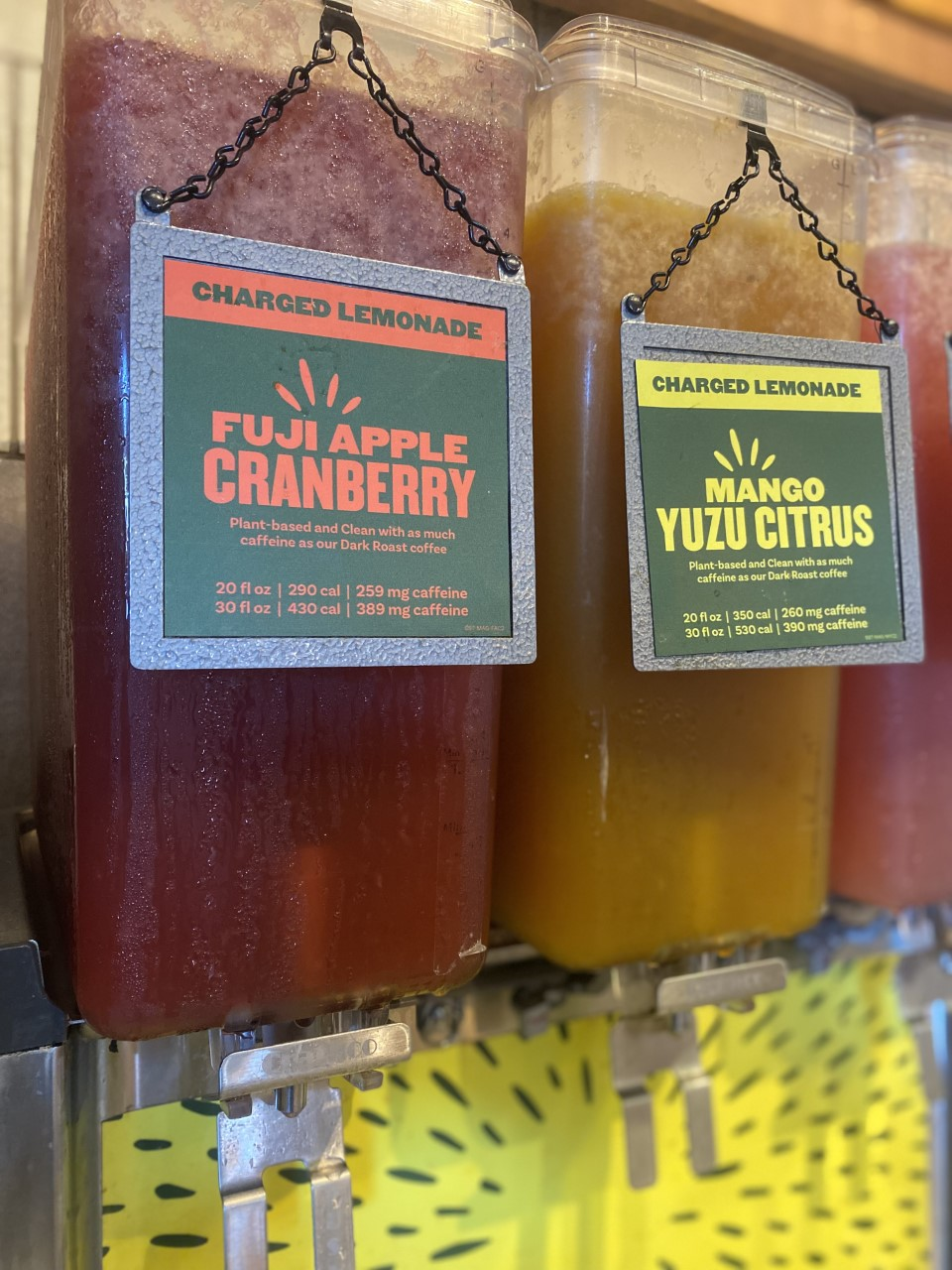
Why college students in particular? It appears the ‘lifestyle’ lends itself to college students. Late nights studying, cramming before due dates, the mounting pressure of exams. Late nights in the town, early morning classes, midday workout routines. It’s a fast life, and a full 8-hour sleep schedule is becoming unrealistic for a lot of students.
College students don’t get me wrong. It’s acceptable to crack open a Red Bull occasionally, but we must be careful not to become overly reliant on it.
“A number of recent studies show that some caffeine users become addicted to or dependent on caffeine,” says the National Library of Medicine.
In truth, the most important thing to keep in mind when considering cutting back on caffeine is measuring how much you ingest. You may not even realize just how much you’re consuming. From there, the Mayo Clinic recommends cutting back gradually to a safe level.
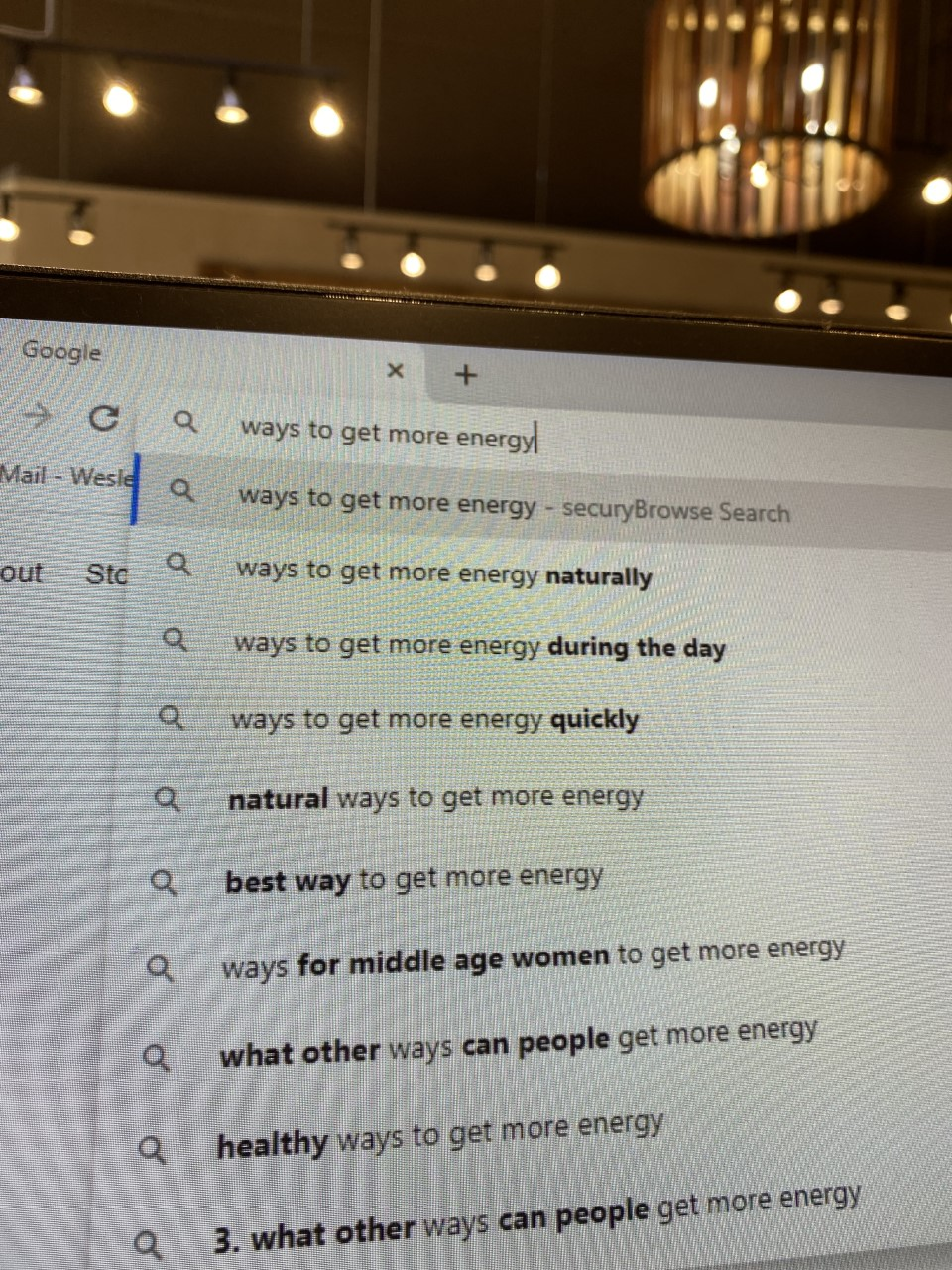

Nobody should feel the ‘jitters or heart palpitations after a cup of coffee. This might be a sign of too much caffeine consumption or sensitivity to the world’s most common drug.
Next time you reach for an energy drink, pill, powder, or cup of coffee, take a second to think about how it will make you feel and how it will impact your body in the long run. Don’t fall into the too-easy trap of reliance on caffeine.

